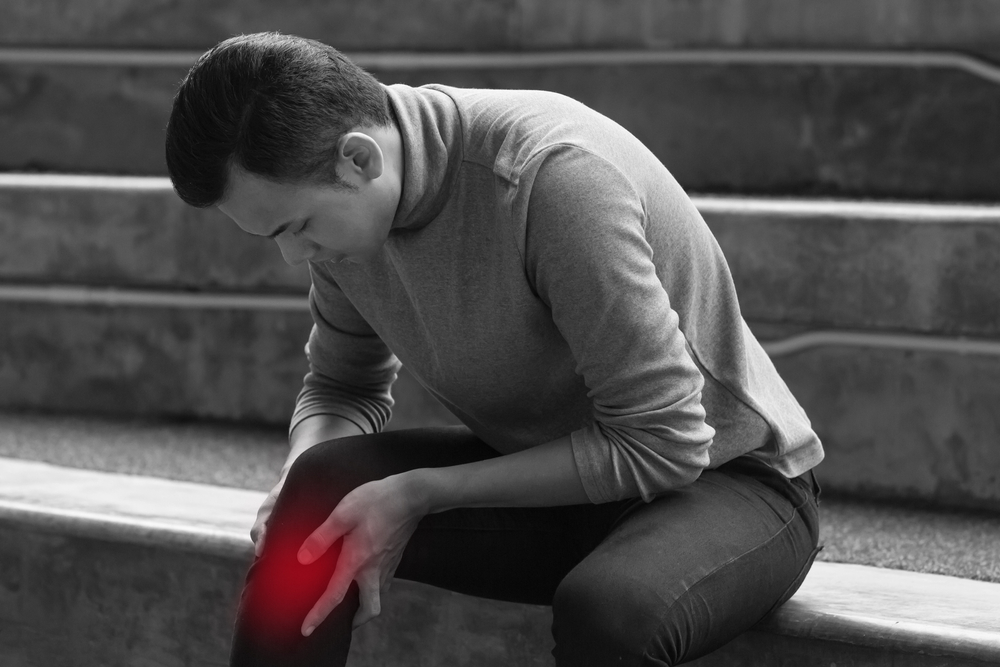Comprehensive Guide to Bowel Control Loss: Causes, Symptoms, and Treatment Options
This comprehensive article explores bowel control loss, including its causes, symptoms, and various treatment options. It emphasizes the importance of early medical intervention and lifestyle adjustments to manage the condition effectively. The article also discusses temporary and persistent causes, offering guidance for those affected to regain control and improve their quality of life.

Comprehensive Guide to Bowel Control Loss: Causes, Symptoms, and Treatment Options
Understanding bowel control loss, medically known as fecal incontinence, is essential for recognizing the condition early and seeking appropriate treatment. Fecal incontinence refers to the inability to control bowel movements, resulting in involuntary stool leakage. This condition can vary significantly in severity, from occasional episodes triggered by specific activities to complete loss of bowel control, which can be distressing and impact daily life. It is a condition that affects people of all ages but is more prevalent among the elderly and those with certain medical conditions.
There are different types of bowel control loss, and understanding the differences is crucial for effective management. The mild or occasional form involves sporadic episodes that usually occur during activities like passing gas or after minor stool delays. These episodes might be infrequent and manageable with lifestyle adjustments and medical advice. On the other hand, severe fecal incontinence entails a complete loss of control over bowel movements, leading to sudden, uncontrollable episodes that can be both embarrassing and physically distressing.
Several factors can contribute to bowel control issues. Temporary causes often include gastrointestinal disturbances such as diarrhea, food poisoning, or gastrointestinal infections. These episodes are often short-lived and resolve as the underlying condition improves. For instance, gastroenteritis caused by bacteria or viruses can lead to temporary incontinence, especially if the diarrhea becomes severe. Dietary factors, stress, or certain medications can also trigger episodes of decreased bowel control temporarily.
Persistent causes of bowel control loss tend to be related to underlying health issues or injuries. Spinal cord injuries, particularly those affecting the sacral region, can impair nerve signals that control bowel function. Neurological conditions such as multiple sclerosis, Parkinson's disease, or strokes can interfere with the coordination of bowel muscles. Additionally, structural damages, such as rectal prolapse or anal sphincter damage resulting from childbirth, surgery, or trauma, can compromise the ability to retain stool.
Addressing bowel control loss can be challenging, but with proper medical evaluation and management strategies, many individuals find significant relief. If you experience symptoms of fecal incontinence, it is essential to consult healthcare professionals promptly. They can perform diagnostic tests such as anorectal manometry, colonoscopy, or imaging studies to determine the underlying cause. Once a diagnosis is made, a tailored treatment plan can be developed, often involving a combination of lifestyle modifications, pelvic floor exercises, medications, or surgical interventions.
Management strategies may include dietary adjustments, such as increasing fiber intake to bulk up stool or avoiding foods that irritate the gut. Pelvic floor muscle training, commonly known as Kegel exercises, can strengthen the muscles responsible for controlling bowel movements. Medications like anti-diarrheal agents or stool softeners may also be prescribed to manage symptoms. In cases where structural issues or nerve damage are involved, surgical procedures might be necessary to repair or reinforce the anal sphincter or other affected tissues.
Living with fecal incontinence can be physically and emotionally challenging, often leading to embarrassment, social withdrawal, and decreased quality of life. However, many effective treatments are available, and early intervention can significantly improve outcomes. Psychosocial support through counseling or support groups can also help individuals cope with the emotional aspects of this condition.
In conclusion, bowel control loss is a complex condition with various causes and treatment options. Whether temporary or chronic, it is important to seek medical advice for proper diagnosis and management. With the right approach, individuals can regain control, improve their quality of life, and minimize the impact of this condition on their daily activities.





